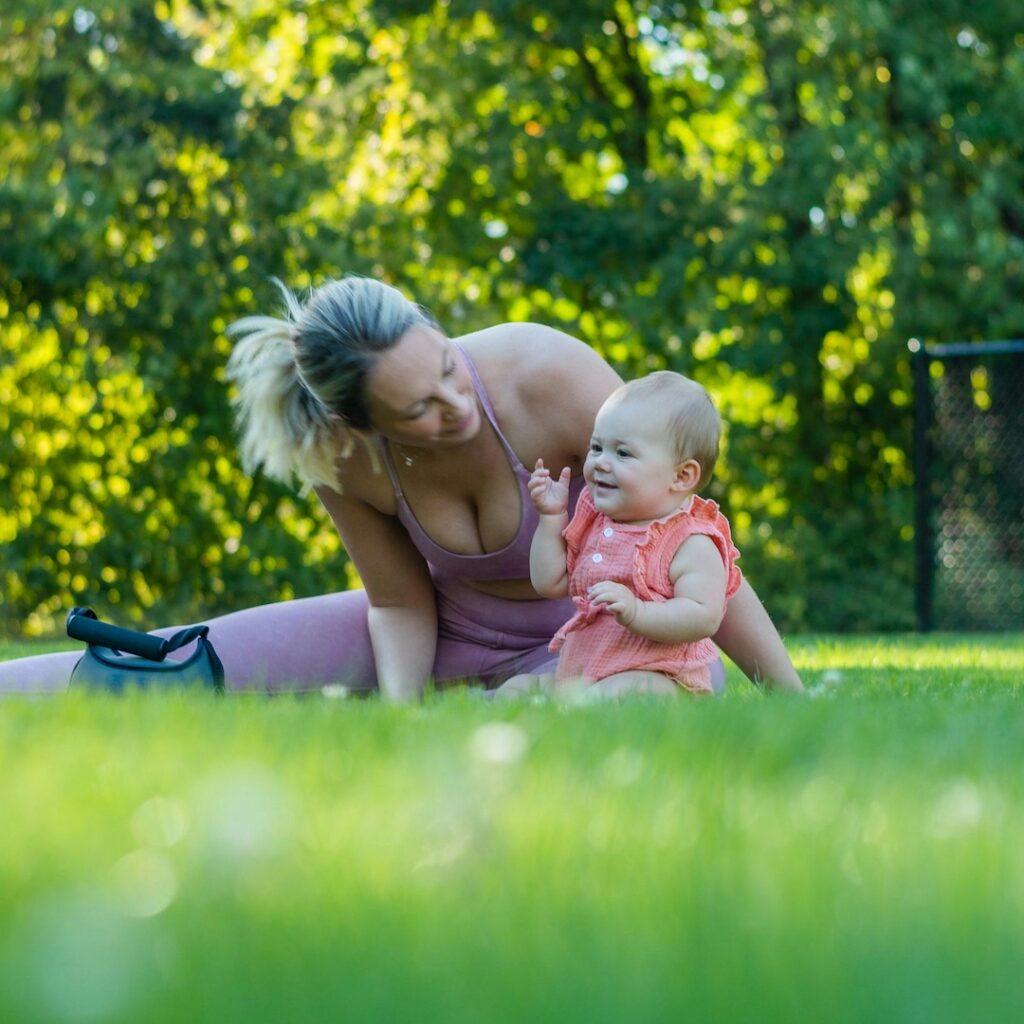As parents, we naturally want to do everything we can to support our baby’s development, especially when it comes to their speaking abilities. The early years are a critical time for language acquisition, and there are many ways you can foster your child’s speaking development in a fun and engaging manner.
Multilingual Households – A Unique Advantage
If your household speaks more than one language, rest assured that your baby is more than capable of handling it. Babies’ brains are incredibly adaptable and can distinguish between different languages. This early exposure can actually benefit them in the long run, giving them an edge in language skills and cognitive flexibility. So, don’t hesitate to speak multiple languages at home; it’s a gift that will serve them well.

Asking Questions and Naming Items
When interacting with your baby, avoid vague questions like “What’s that?” Instead, name the items you’re pointing to. For example, say, “Look at the cat. The cat says meow!” This method helps your child associate words with objects and actions, building their vocabulary and comprehension. This technique is backed by research which shows that babies learn language more effectively when parents use specific words and phrases.
A Daily Reading Habit
Reading to your child is one of the best ways to support their language development. Sit in front of your baby so they can see your lips move as you read. This visual input helps them understand how sounds are formed. Choose a variety of books, from simple picture books to stories with repetitive phrases. The rhythm and melody of your voice, combined with the visual stimulation, create a rich learning environment for your baby.
Singing and Sound Mimicry
Songs and sounds are powerful tools for language learning. Sing nursery rhymes, make animal noises, and imitate sounds like car engines or the wind. These activities help your baby learn to mimic sounds, an important step in developing speech. Plus, they make learning fun! Studies have shown that musical activities can enhance phonological awareness, which is crucial for reading and speaking.
Patience and Encouragement
Every child develops at their own pace, and it’s perfectly normal for some children to start speaking later than others. The key is to keep engaging with your baby and providing plenty of opportunities for them to hear and practice language. Celebrate their attempts at communication, whether it’s babbling, gesturing, or saying a few words. Consistent encouragement and interaction are essential.

Learning Through Play
Incorporate language learning into playtime. Use drawing sets to teach colors and shapes, and name the objects as you draw them together. Play with toys that make sounds and name the sounds they make. This playful approach keeps your child engaged and makes learning feel like a natural part of their day. Play-based learning is highly effective, as it combines physical activity with cognitive tasks, reinforcing new skills.
Supporting your baby’s speaking development is all about creating a rich, interactive environment where language is a natural part of daily life. Embrace the multilingual nature of your household, use specific language when naming items, read together often, incorporate songs and sounds, be patient, and make learning fun through play. By following these strategies, you’ll be giving your child the best possible start on their journey to becoming a confident and articulate communicator.
Remember, every interaction is an opportunity for learning, so keep talking, singing, and playing together!

Leave a Reply